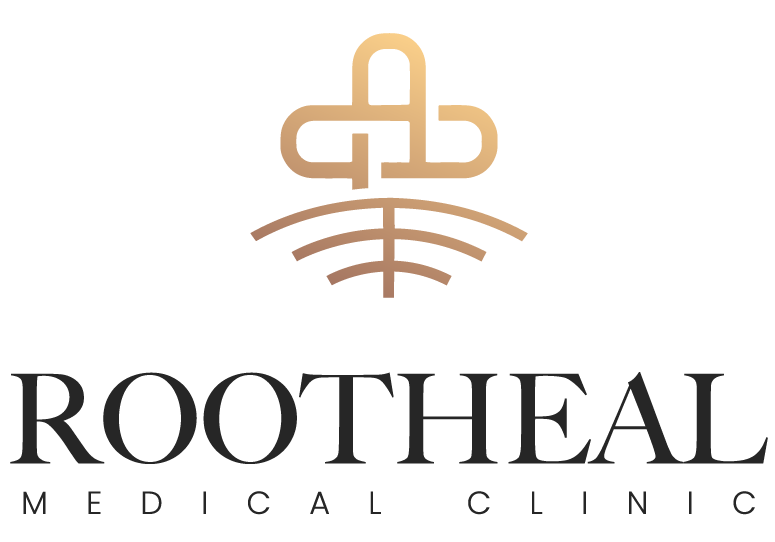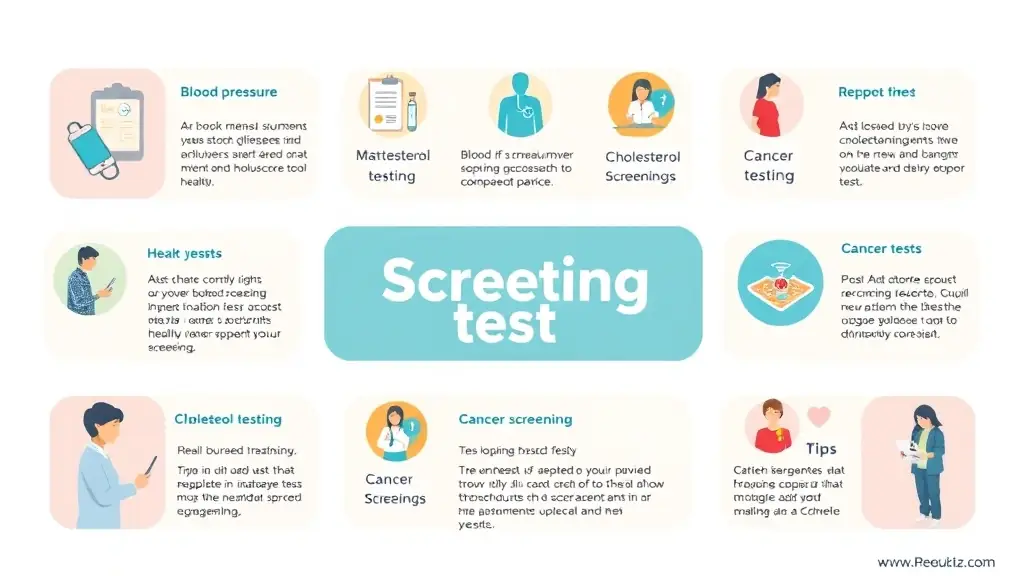The Importance of Regular Health Screenings: A Key to Early Detection and Better Health
In today’s fast-paced world, it’s easy to overlook our health until a problem arises. However, regular health screenings are one of the most effective ways to detect potential health issues early—when they are most treatable. Whether you’re feeling completely fine or have mild symptoms, routine screenings are a proactive step toward maintaining long-term wellness and preventing serious complications.
Why Are Health Screenings Important?
Health screenings help identify risk factors and early signs of diseases such as diabetes, high blood pressure, high cholesterol, liver and kidney disorders, heart disease, and even certain cancers. Many of these conditions are “silent” in their early stages, showing no clear symptoms until they progress.
Early detection can:
- Prevent diseases from becoming severe or life-threatening
- Improve treatment effectiveness and recovery rates
- Reduce medical costs in the long run
- Promote healthier lifestyle decisions
Who Should Get Screened?
Regular screenings are important for people of all ages, but they are especially crucial for:
- Adults over the age of 30
- Individuals with a family history of chronic illness
- People with high-stress lifestyles
- Those with poor dietary habits or sedentary routines
- Smokers and individuals with high alcohol consumption
Common Types of Screenings
- Blood Pressure and Heart Health – Detects hypertension and assesses cardiovascular risk
- Blood Glucose (Diabetes Screening) – Identifies early signs of diabetes or insulin resistance
- Lipid Profile (Cholesterol Test) – Assesses risk for heart disease and stroke
- Liver and Kidney Function Tests – Ensures your organs are working properly
- Full Blood Count – Screens for anemia, infections, and blood disorders
- Cancer Screenings – Includes Pap smears, mammograms, colonoscopies, and prostate exams
- BMI and Body Composition Analysis – Helps monitor weight-related risks
How Often Should You Be Screened?
The frequency of health screenings depends on your age, medical history, lifestyle, and existing risk factors. As a general guideline:
- Annually for adults over 30
- Bi-annually for individuals with higher risk
- As recommended by your healthcare provider based on specific conditions
Benefits Beyond Detection
Apart from identifying diseases early, regular screenings also serve as a checkpoint for overall wellness. They allow you to:
- Monitor your current health status
- Stay updated on key health indicators
- Build a proactive relationship with your healthcare provider
- Gain peace of mind and motivation to stay healthy
Final Thoughts
Prevention is always better than cure. Regular health screenings are a smart investment in your future health. They empower you with information, help you make informed choices, and enable timely interventions that can change the course of your life.
Taking just a few hours each year for a health check-up can protect you from years of complications. Make screenings a habit—because your health is worth.

